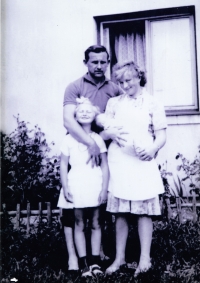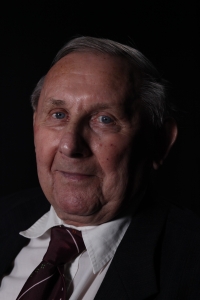When our village was burned down, we were very happy that we got housing in the Czech Republic

Download image
Andrej Milták was born on May 23, 1936 in the village of Stará Kelča in eastern Slovakia, Humenné district. His childhood was marked by war and the crossing of the front. In 1944, as a little boy, he experienced the burning of his native village by German soldiers. After the war, the family moved to Bohemia, to the village of Prostřední Lipka near Králík. The family began to farm privately on the lands of an displaced German family. At the time of collectivization, these lands were taken away from them and in return they received replacement lands, which could no longer be managed. His father then had to join a collective farm to support his wife and eight children. Andrej Milták worked as a tractor driver at the state tractor station. He married in 1956 and he and his wife had two daughters. The younger daughter died at the age of 21 of complications associated with epilepsy. The whole family was deeply religious, which brought them a number of complications under communist rule. Her daughter had trouble getting to university, but in the end she still managed to graduate from the Faculty of Arts at the University of Olomouc. In 2002, Andrej Milták’s wife died. Since 2012, he has lived very happily in the Home of St. Zdislava in Červená Voda. He had four grandchildren and four great-grandchildren, who visited him regularly with his daughter.

